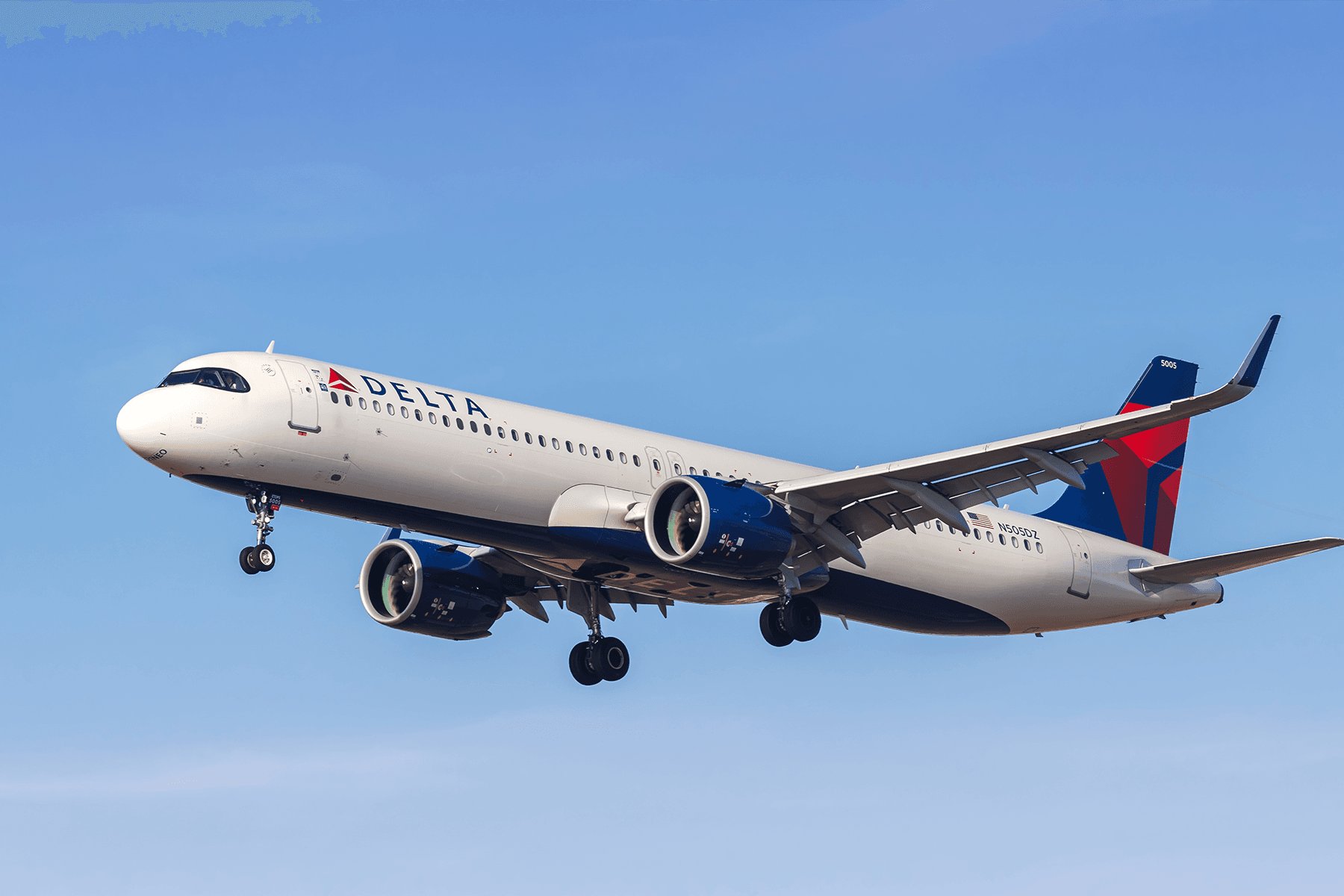$78.75M Class Settlement Reached in Delta Jet Fuel Dumping Case
Delta agrees to a $78.75M settlement over a 2020 fuel dump, aiming to resolve claims and avoid legal precedent without admitting fault.
Published on
Delta Air Lines and a class of Los Angeles-area residents have jointly requested preliminary approval of a $78.75 million settlement stemming from a 2020 fuel dumping incident that sparked extensive litigation. The proposed agreement, filed in the Central District of California, would resolve consolidated class action claims arising from the emergency release of jet fuel over a densely populated area.
As part of the settlement, plaintiffs' attorneys are seeking up to $24 million in legal fees—approximately 30.5% of the total fund—alongside $2 million in litigation costs. The motion also requests the court vacate a prior summary judgment ruling, which Delta asserts could set an unfavorable legal precedent if left intact.
How the Settlement Would Be Allocated
Under the terms proposed, approximately $50.59 million of the settlement will be distributed among impacted property owners and residents. The parties estimate that if full participation is achieved:
- Each of the 38,000 affected property owners would receive around $888.
- Each qualifying resident who submits a valid claim form would receive $104.
Two-thirds of the net fund is allocated to property owners, while the remaining one-third is reserved for residents. The settlement also includes non-monetary components, including a jointly commissioned environmental study assessing the persistence of hydrocarbons in soil. According to the motion, no detectable jet petroleum hydrocarbons remained in soil samples even at elevated concentrations after seven days.
Delta Seeks to Vacate Key Legal Ruling
A key component of the proposed resolution is Delta’s request to vacate an October 2023 ruling that denied the airline’s motion for summary judgment. That ruling found triable issues as to whether the mid-flight decision to jettison fuel violated federal aviation standards. Delta contends that the court's decision addressed a "novel, heavily contested issue of federal law about which reasonable minds could differ" and should not remain binding due to the settlement.
In its filing, Delta stated:
“Absent vacatur, the [summary judgment] order could impact Delta in other cases for years to come, despite Delta not having had an opportunity to litigate the issue before the Ninth Circuit.” The airline emphasized that neither side wishes to prolong litigation solely for the purpose of preserving appellate rights, calling vacatur “a fair and reasonable condition of settlement.”
The Incident and the Lawsuit That Followed
The litigation originated from a January 14, 2020 incident in which a Delta-operated Boeing 777, en route to Shanghai, experienced an engine compressor stall shortly after departure from Los Angeles International Airport. In response, the flight crew initiated a fuel dump—discharging approximately 15,000 gallons of jet fuel at an altitude below 2,000 feet over Los Angeles and Orange counties.
Delta has consistently maintained that the emergency fuel dump was necessary to reduce the aircraft’s weight to meet safe landing requirements at LAX. However, plaintiffs argued the fuel was released at an altitude too low for proper atmospheric dispersion, leading to physical contamination of residential properties and exposure to toxic chemicals. Affected homeowners reported foul odors, health concerns, and temporary loss of use and enjoyment of their properties.
In 2023, U.S. District Judge John A. Kronstadt certified trespass claims related to property damage but declined to certify nuisance claims. The court found that plaintiffs had not sufficiently demonstrated a common method of determining liability for nuisance-based injuries.
Legal Arguments on Preemption and Pilot Discretion
Delta's defense has centered on preemption under federal aviation law. The airline contended that pilots are afforded broad discretion in responding to in-flight emergencies and that the actions taken in this case complied with applicable Federal Aviation Administration (FAA) standards. In its May 2023 motion for summary judgment, Delta argued that liability could not attach unless plaintiffs proved the crew violated a federal standard of care.
Judge Kronstadt disagreed in his October 2023 ruling, concluding that factual disputes remained as to whether the fuel dump violated federal standards or was justified as a safety precaution. This ruling—if not vacated—could have wider implications for future litigation involving similar emergency procedures.
Delta Denies Liability While Plaintiffs Claim Vindication
While the airline supports the settlement, Delta emphasized in court filings that it does not admit to any wrongdoing. “Delta continues to specifically deny all liability, allegations of wrongdoing or negligence, and claims for damages,” the company stated. The airline added that it is entering into the agreement solely to avoid the expense and uncertainty of continued litigation.
On the other hand, class counsel Filippo Marchino of The X-Law Group described the resolution as a meaningful win for local communities.
“This settlement represents five years of intense and hard fought litigation, and brings very real recovery to the class members both in terms of monetary recovery, as well as non-monetary relief,” Marchino said. “We are especially pleased to obtain this result for residents of the southeast L.A. communities, comprised of hard-working middle class and blue collar families who asked only for respect and just treatment and rightly deserve this result.”
What Comes Next
A preliminary approval hearing is scheduled for September 15, 2025, before Judge Kronstadt. If approved, the deal would bring closure to a high-profile environmental case involving tens of thousands of impacted residents and one of the nation’s largest airlines. The court’s decision on whether to vacate its prior legal ruling will likely influence not only the outcome of this case but potentially future litigation surrounding emergency fuel dumping practices.


